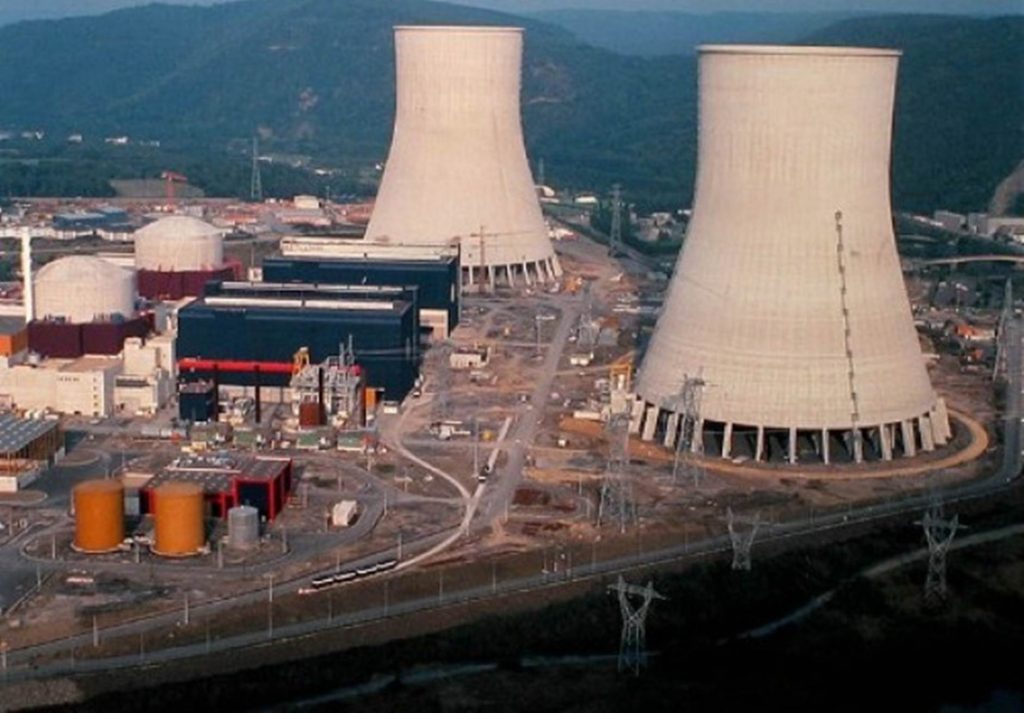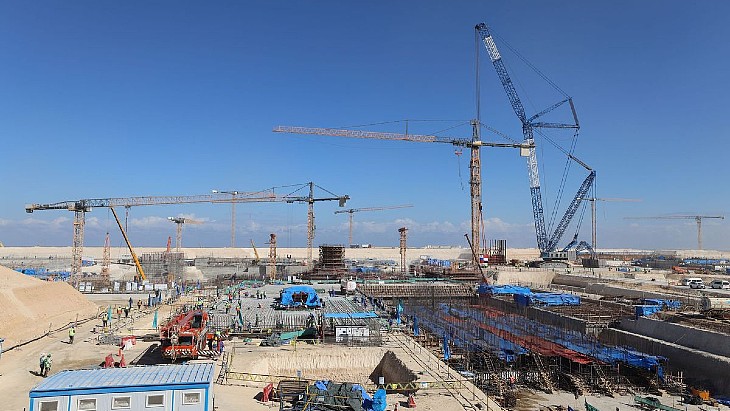
For Egypt’s first nuclear power plant, ensuring ground stability and safety under nuclear-grade conditions
was critical to the nation’s new energy infrastructure.
United Group was appointed to execute a comprehensive program of field and laboratory studies to
guarantee reliable design foundations and environmental compliance.
Challenge
The coastal site of El Dabaa presented complex soil stratification, fluctuating groundwater levels, and high
salinity — all of which demanded precision testing and continuous monitoring under nuclear construction
standards.
The site’s main challenges included:
- Collecting accurate subsurface data for foundation design.
- Managing groundwater in a coastal zone under variable tides.
-
Meeting IAEA and local safety documentation requirements.
Solution
United Group executed an integrated scope of geotechnical and geophysical investigations, including:
- Borehole drilling and sampling up to 70 meters.
- Standard Penetration Tests (SPT), Cone Penetration Tests (CPT), and Pressuremeter tests.
- Electrical Resistivity Tomography (ERT) and seismic refraction for subsurface imaging.
- Groundwater monitoring wells and certified lab testing (ASTM, BS, ISO).
Results
Comprehensive reports validated soil parameters and supported safe foundation design.
The study’s outcomes ensured regulatory approval, reduced engineering risks, and provided a verified
reference for Egypt’s first nuclear power facility in alignment with IAEA standards.

